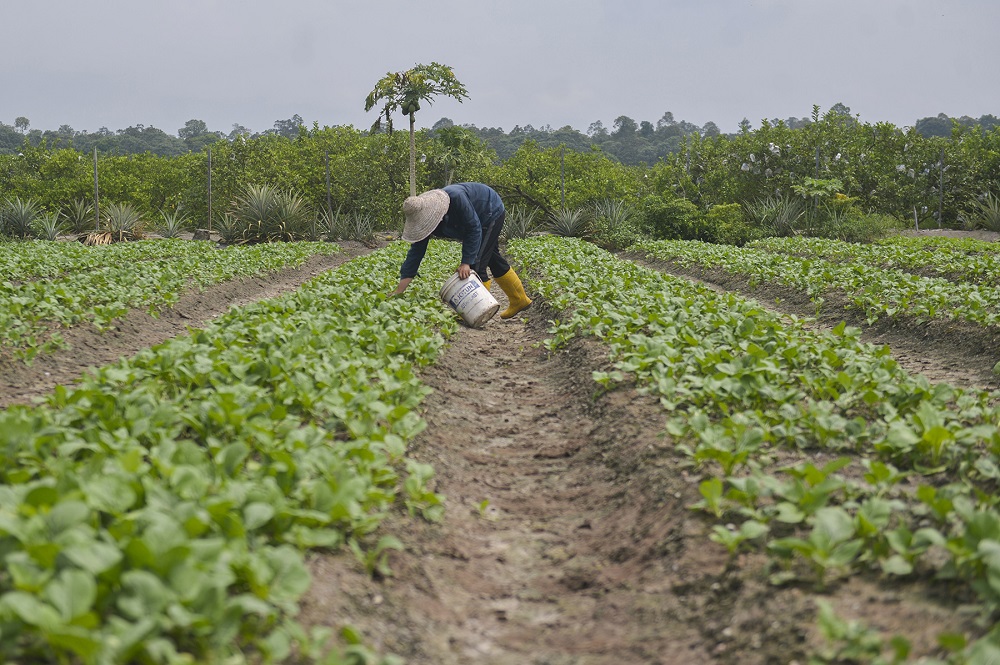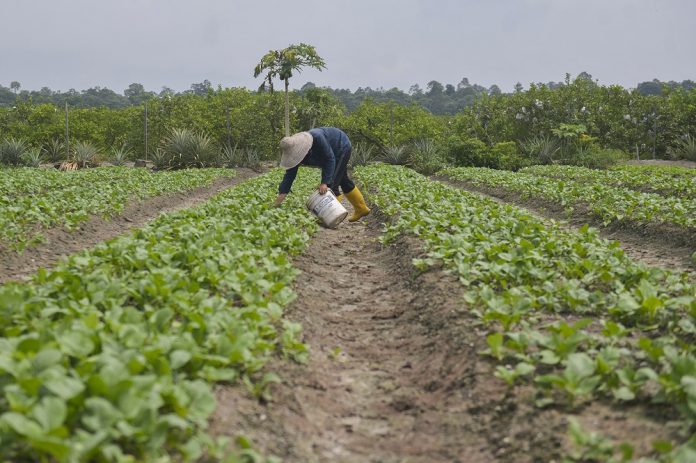
KUALA LUMPUR, Dec 17 — Malaysia plans to revisit its approach to agriculture by modernising the sector and adopting smart farming to boost farmers’ income and advance the sector.
Minister in the Prime Minister’s Department (Economy) Datuk Seri Mustapa Mohamed said the sector remained important to the economy, even more so as the Covid-19 pandemic brought new perspectives on food security and jobs creation.
“Going forward, we want to make sure this sector continues to grow. Smart farming is going to be an important subject.
“We want to modernise agriculture, get more technologies in and encourage young people to participate in the sector,” he said during a dialogue session with World Bank Group country manager for Malaysia, Dr Firas Raad.
The session was held in conjunction with the virtual launch of the latest Malaysia Economic Monitor ‘Sowing the Seeds’ report by the World Bank today.
In the next three to four years, the government also plans to transform the Federal Land Development Authority (Felda) by diversifying the income streams of its settlers, which is currently dependent on oil palm and rubber planting.
Citing an example, Mustapa said cattle breeding may be one of the potential areas to be considered.
Meanwhile, in his special introductory remarks, Minister of Agriculture and Food Industries, Datuk Seri Dr Ronald Kiandee said as of 2019, agriculture accounted for about 11 per cent of employment and 7.1 per cent of Malaysia’s gross domestic product (GDP).
The strengthening of Malaysia’s agrofood system would allow the economy to pursue other national priorities such as shared prosperity, by introducing measures designed to enhance farmers’ incomes, create agricultural jobs and increase agro-exports.
He said the 12th Malaysia Plan — which is in the midst of being finalised, to be tabled next year — is an opportunity for Malaysia to clearly outline the agricultural sector’s potential and the government’s role in facilitating its transformation.
Mustapa said Malaysia could be building an agricultural sector that is more responsive to the country’s contemporary food economy, including developing the capacity to supply more high-value foods that the region and Malaysia consume — including fragrant rice varieties.
“Malaysia could also position itself to lead in the supply of ‘healthy and safe’ produce to the region, and invest more in human capital that will be needed to transform Malaysia’s agrofood complex.
“This includes training and attracting the next generation of agrofood system entrepreneurs across a wide variety of disciplines,” he added.
According to the ‘Sowing the Seeds’ report, Malaysia’s economy is expected to grow by 6.7 per cent in 2021.
The growth will be driven by faster-than-expected recovery in consumer demand, greater investor confidence, and consequently a more robust recovery in domestic economic activity; following a projected contraction of 5.8 per cent in 2020 due to the Covid-19 pandemic.
“As health risks diminish and the economy continues to recover, efforts will need to gradually shift from focusing on near-term policies to facilitating economic adjustments to enable new growth in the post-pandemic environment,” the World Bank added. — Bernama


